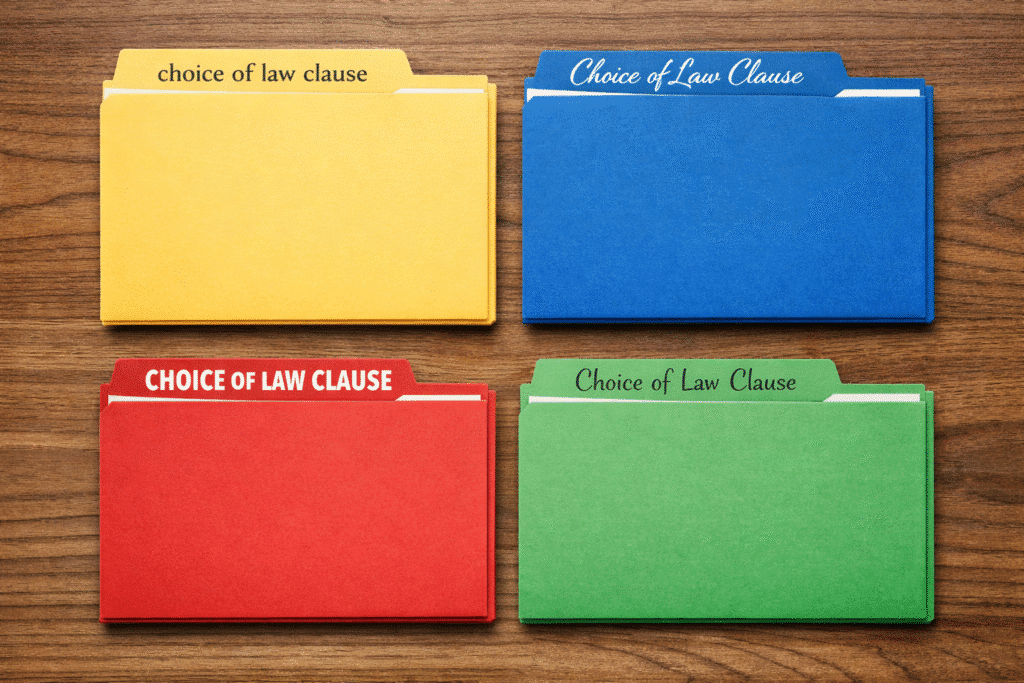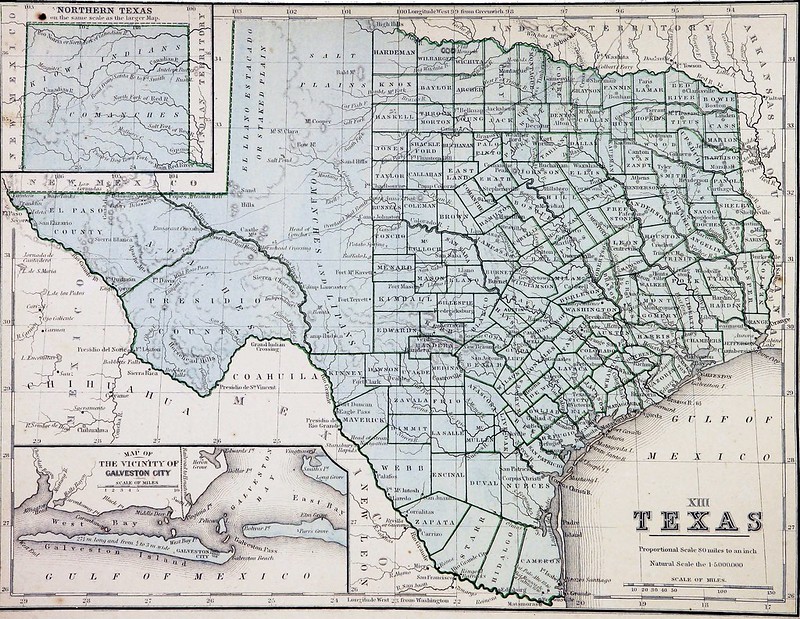The Many Uses of the Choice-of-Law Clause
In prior posts, I have written about the things that a forum selection clause can and cannot do. In this post, I do the same for choice-of-law clauses. Among other things, a choice-of-law clause may be invoked to: Select a law to govern the contract and claims related to the contract; Provide support for the…
Continue ReadingNew Paper on Forum Non Conveniens and Foreign Sovereigns
When a foreign sovereign files a lawsuit in the United States, is it ever appropriate for the court to dismiss on the grounds that it would be more appropriate for the suit to be litigated in that sovereign’s own courts? This is the question that Eunsun Cho set out to answer in a student note…
Continue ReadingDismissal for Forum Non, With Two Alternative Fora?
The Fourth Circuit recently considered whether dismissal for forum non conveniens is appropriate if the case would have to be bifurcated and heard in two separate courts in the country that provides an alternative forum. In AdvanFort Co. v. Zamil Offshore Services Co., the court answered “yes,” with one judge dissenting. This might have been…
Continue ReadingIs It Too Dangerous To Litigate In Israel?
Many international contracts contain forum selection clauses stating that litigation must occur in the courts of a particular country. While these clauses provide a welcome measure of certainty as to where future disputes will be resolved, they are sometimes viewed as inconvenient by plaintiffs who would prefer to sue in the United States. In an…
Continue ReadingDangerous Foreign Courts
U.S. courts have long recognized that certain civil cases should not be litigated in the United States. Even when a U.S. court has jurisdiction, a case may still be dismissed for forum non conveniens if the court concludes that the case would be more appropriately heard in the courts of another country. This inquiry typically…
Continue ReadingAll I Want for Christmas (from the Federal Courts)
Rounding out this week’s posts by John Coyle and Bill Dodge, here’s my wish list for the lower federal courts (plus a bonus plea to the Supreme Court). Stop Violating Rule 4(f) and the Hague Service Convention Rule 4(f) of the Federal Rules of Civil Procedure authorizes service of process on defendants “at a place…
Continue ReadingRevising Forum Non Conveniens Through § 1404?
I have written more than anyone probably should about forum non conveniens (FNC), but much of it boils down to some commonsense updating of the Gulf Oil factors: acknowledge the effects of changing technology, particularly on travel; require defendants to be specific about their evidentiary burdens; don’t overweight choice-of-law difficulties or docket congestion; don’t second…
Continue ReadingFourth Circuit Rejects Forum Non Conveniens Defense to Enforcing Arbitral Award
The New York Convention governs the recognition and enforcement of most foreign arbitral awards in the United States. Article V of the Convention sets forth limited grounds on which enforcement may be refused. But Article III makes the enforcement of foreign arbitral awards subject to “the rules of procedure of the territory where the award…
Continue ReadingNew Article on Old Admiralty Discretion
The Notre Dame Law Review has just published my new article, “Admiralty, Abstention and the Allure of Old Cases.” The heart of the article is a description of the federal courts’ long-standing discretion to decline jurisdiction over admiralty disputes between foreign parties. Defendants in transnational cases have recently tried to invoke this old admiralty practice…
Continue Reading







